合与和 l 一万亿日元有多高?(日本选修课)
近日,41位中欧MBA同学前往位于东京的GLOBIS商学院,开始了为期5天的日本海外选修课之行。此次选修课围绕主题“企业创业创新精神”分为三个模块:案例学习,公司参访和嘉宾演讲。案例及参访公司包括Kikkoman Corporation(萬字酱油公司), Cookpad Inc., Ina Foods Co.Ltd., Hobo Nikkan Itoi Shimbun (Hobonichi), Monex Group和复星资产。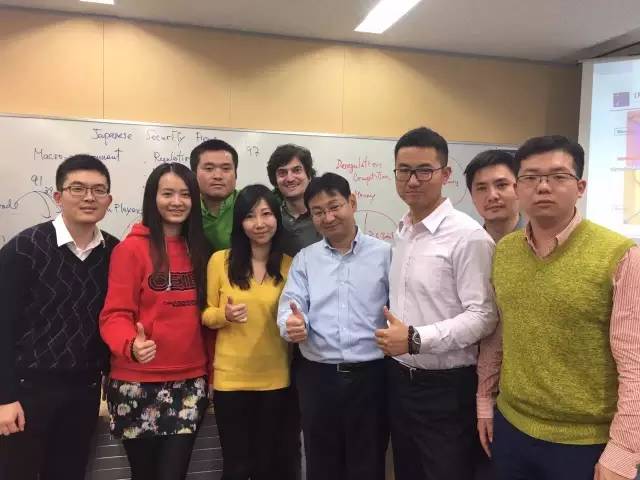
GLOBIS助理主任Mr. Mark Ford对课程及主题进行了介绍,并希望大家可以用心感受在日本的学习和生活,找到“触点”,获得长久的启示。
触点一:TED

Ted Katagi是上第一堂案例课的老师,他身上具备GLOBIS教学团队的整体特质:过硬的学术背景和丰富的创业经验,善于用TED演讲式生动、充满热情的方式传递有价值的思想。GLOBIS注重理念教育,引导大家进行从商业模式到管理模式的探索、从管理方法到管理理念的思考。
触点二:万物皆有灵性
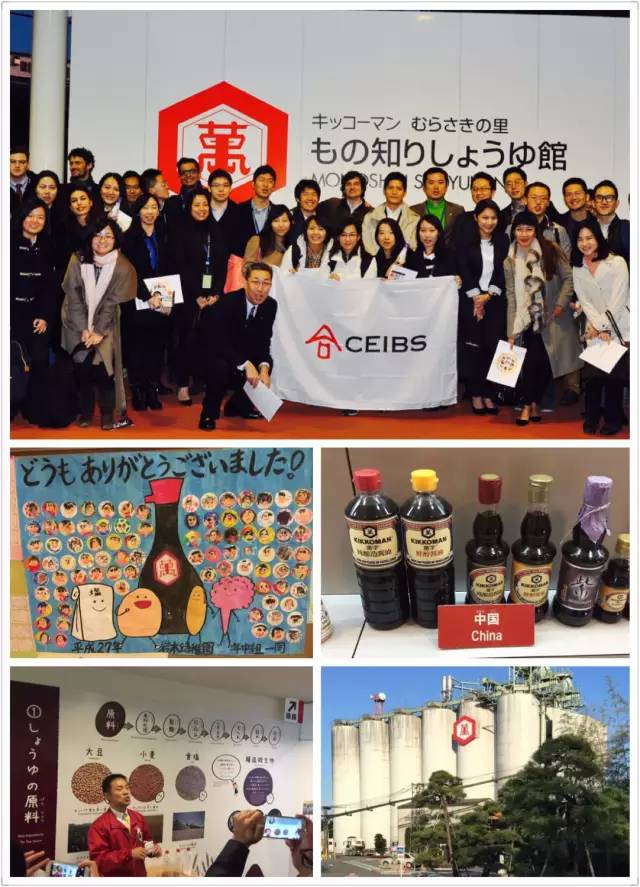
日本以动漫著称,善于赋予事物以生命,动漫文化不仅渗透于日本人民的生活中,同样存在于日本企业文化中。萬字酱油公司把酱油制作过程讲述成大豆、小麦和食盐变身成酱油的故事,同时将卡通形象用于产品设计和宣传,将萬字牌酱油塑造成人们日常生活中的伙伴。Hobonichi公司创始人则把组织结构与人类的体格、航行的船和流通的水渠进行类比,把抽象的概念具象化,有助于管理理念的传承。
触点三:“合”与“和”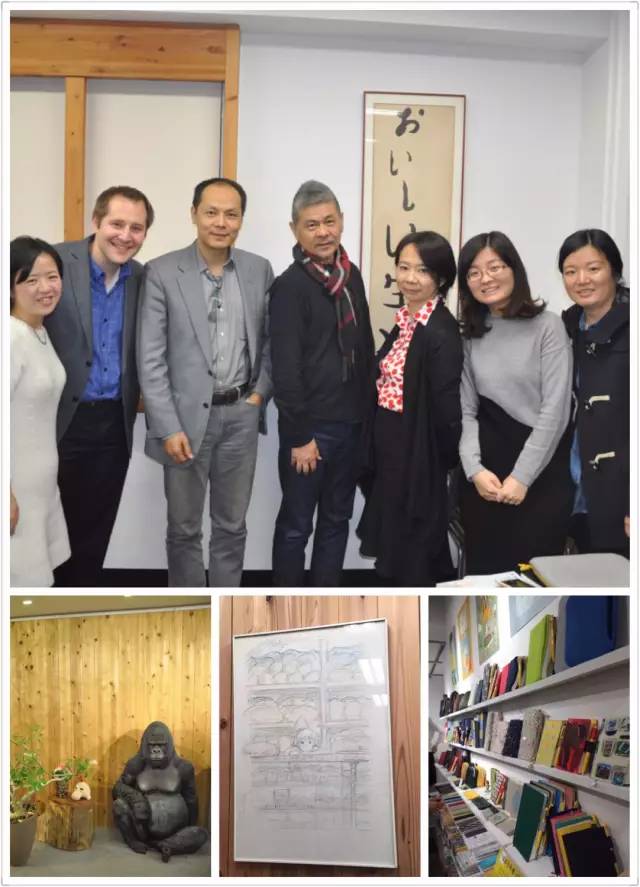
随着全球化发展,商业模式的结合、产业的整合、跨国合作是趋势,复星资产已经在日本进行了投资,Monex Group也正寻求在中国市场的发展机会。同时,“合”也是中欧文化重要的一部分,代表着不同文化的结合、成功之合力。“Cookpad和Hobonichi都是社交自媒体+电商模式销售产品,是一种以客户心理为需求导向的文化输出,能够产生很强的产品差异化。”(Edwin ZHANG, MBA 17)“合”能创新,产生协同作用,创造更大的优势。“对创业要做好不懈努力的准备,对变化要保持开放的态度,对团队一定要真诚。”(Michael TANG,MBA 17)“合”的基础及目标是“和”,即开放的心态,互助的诚心,从而形成和谐的关系,达到双赢的局面。
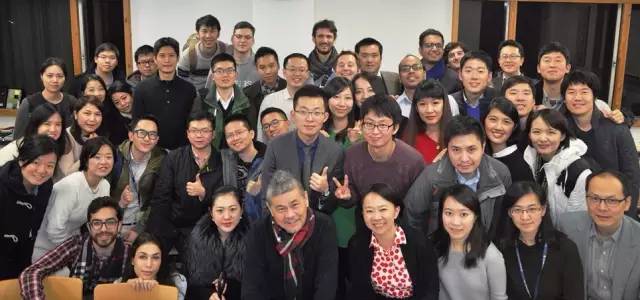
理念和哲学在日本企业管理中备受重视,相信同学们各自收集到的“触点”能够帮助大家形成自己对创业精神和创新精神的理解。
The Four Bright Spots of Entrepreneurship in Japan?
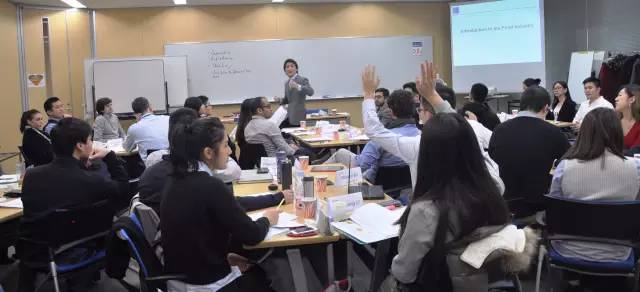
Why head to the country with the lowest number of entrepreneurs per capita in the industrialized world (Japan at 1.9%,compared to the U.S. at 4.9%) to study entrepreneurship? Students from CEIBS,Asia’s top-ranked business school, asked this question to Mark Lee Ford, Deputy Dean of Tokyo’s Globis, on the first of a five day exchange program. “Let me tell you a story,” Ford replied. Over the course of the week, the conclusion of Ford’s story would be both reflected and refuted. Professors during morning lectures chimed in, CEO’s from afternoon company visits shared their opinion, and anarray of speakers from across the globe contributed as well.
Office Lady and Salary Man
Ford’s story hones in on two forces that work in congruence to repress Japan’s economy by muting entrepreneurship: obsession with traditional prestige, and a heavy-handed government. But there’s a happy ending. Four segments have sloughed off these dual weights to breathe new life into the deflated GDP. These include international ventures capturing synergies between Japan and other markets, SME’s leveraging a history of R&D and technical expertise, men laid off from downsized companies forced to make ends meet, and finally, OL’s, the abbreviation for Japan’s “office ladies,”trying to escape the banality of their day job.
How tall is a trillion?
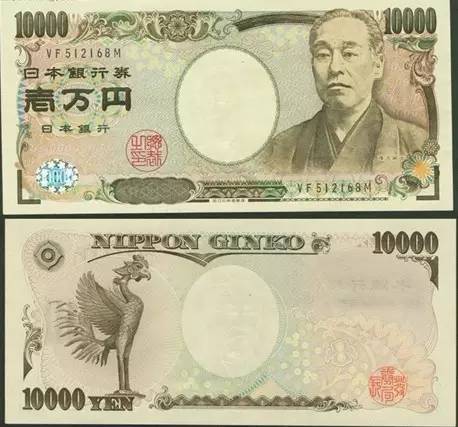
The largest bill in Japan is 10,000 yen. It has a gallant phoenix on one side and equates to about 82 U.S. dollars. On the last day of CEIBS’ program, Ken Shibuwara, CEO of Commons Asset Management asked CEIBS students, “if you stack up one trillion yen worth of 10,000 yen notes, how tall is the pile?” One student ventured, “five meters?” Shibuwara laughed, “it’s 10 kilometers. That’s higher than Mt. Everest. And Japan’s households have 890 trillion of them.” Japan holds 52% of its savings in cash. Compare that to 13% in the U.S., and 34% in the EU. Even if Japan’s cash savings fallsonly to EU levels, that frees up 312 trillion for other investment. These stats reveal that asset management can be yet another bright spot in the Japan’s changing economic landscape.
Bright, Innovative Future
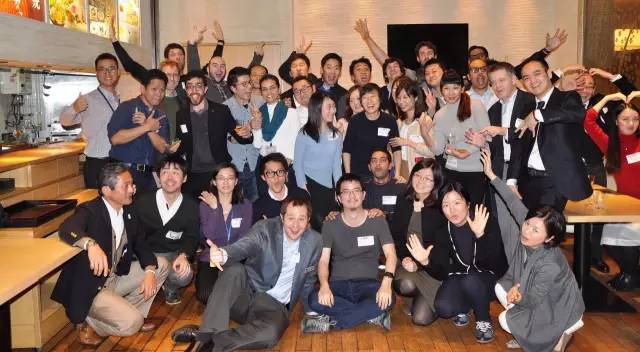
While CEIBS students coiled through the wooden halls of designer lifestyle start-up Hibo Nikkan and gazed out the high-rise windows of M&A-focused Fosun group’s most recent real estateinvestment, bright spots of entrepreneurship glowed beneath the surface. But were there only four spots, or a great, great multitude? From financial services to overseas ventures, Japan is slowly but surely stepping out of the mire. As the group sampled soy sauce ice cream, the newest product at the original Kikkoman factory, CEIBS’ Professor Gong Yan took a lick of the cold treat and commented, “Innovation is nothing without tradition. But tradition… well, tradition dies without innovation.” The next innovation for neighboring super powers China and Japan: deep collaboration. At the heart of business in Shanghai, China’s business capital, CEIBS is encouraging students and local business to reach out to their neighbors in Japan: lend a hand, sign an MOU, explore the possibilities. Make another brightspot.












